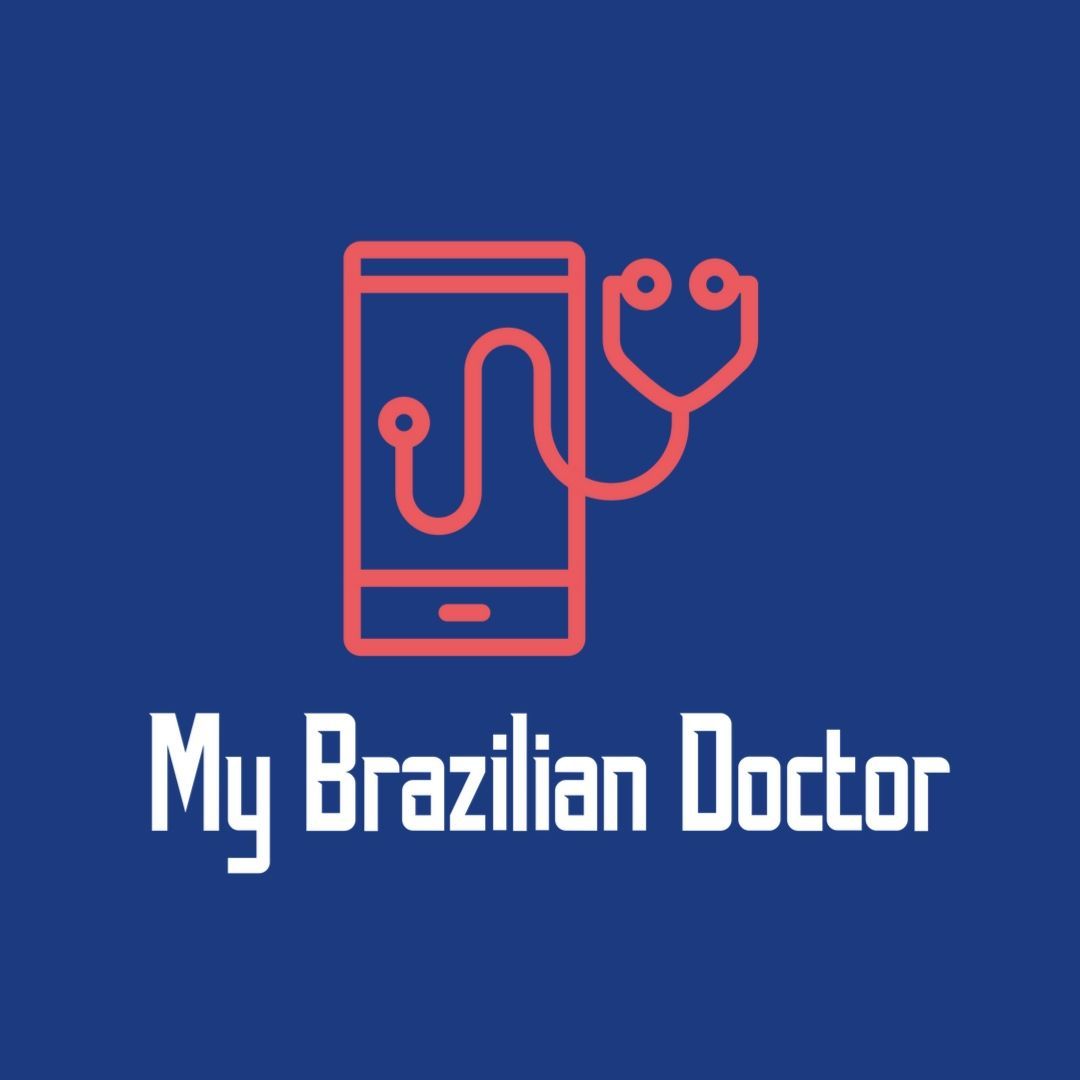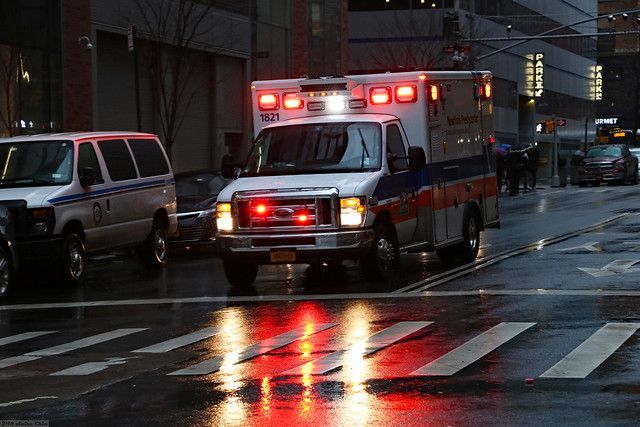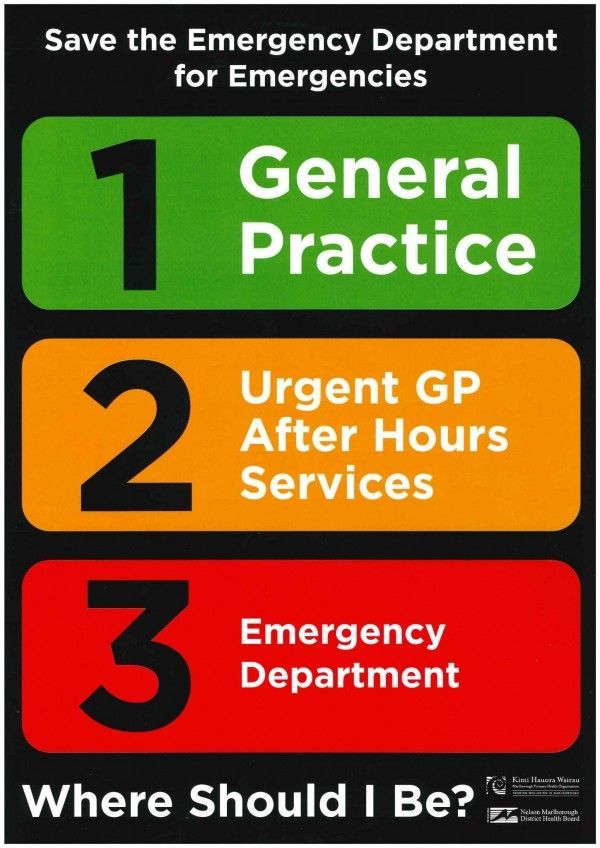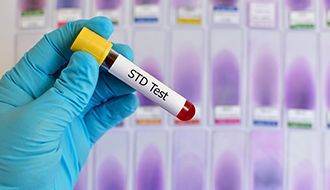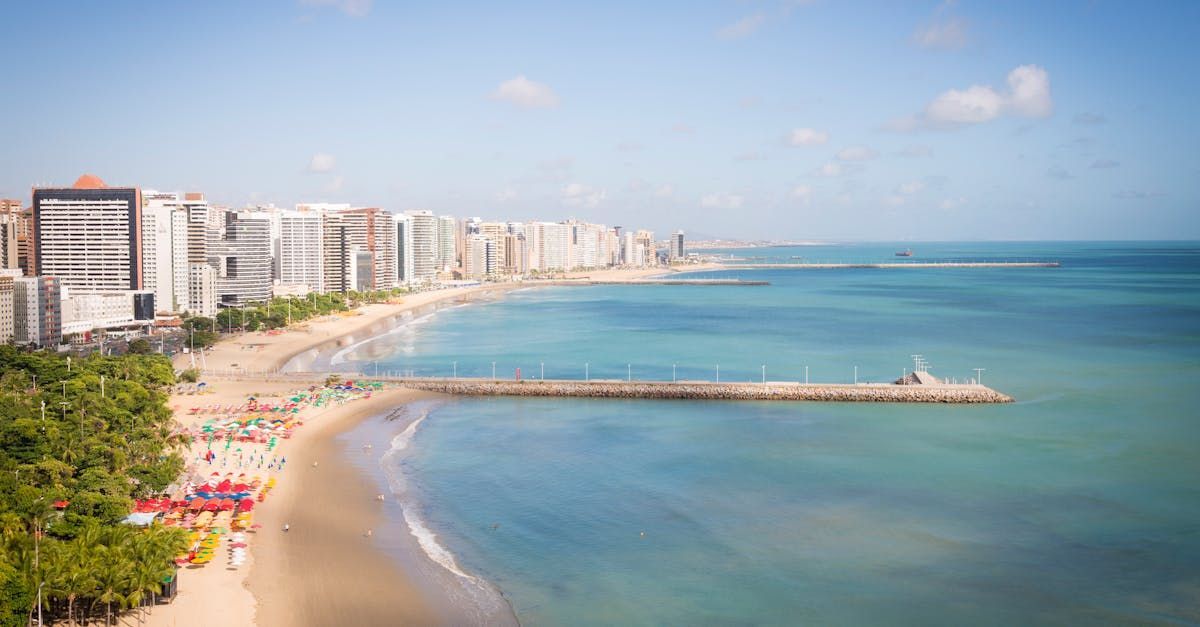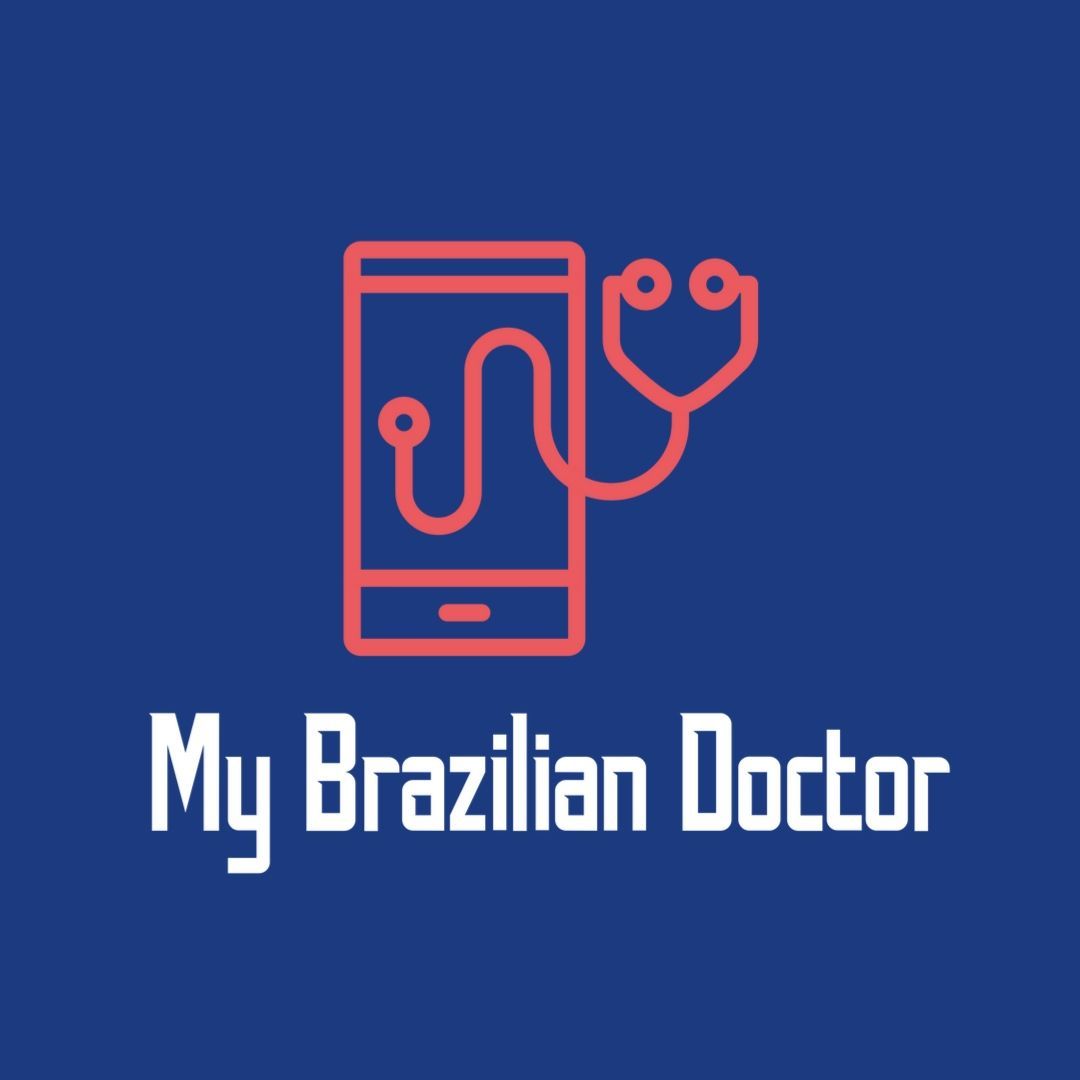There are different levels of urgent care available in Brazil, including emergency departments, urgent GP after-hours services, and general practices. Emergency departments are best suited for life-threatening conditions such as heart attacks, strokes, and severe trauma. Urgent GP services are ideal for minor illnesses and injuries, while general practices offer comprehensive medical care, including preventive services, chronic disease management, and acute care.
The first level of urgent care is the general practice. These are traditional healthcare facilities that offer comprehensive medical care to patients, including preventive services, chronic disease management, and acute care. General practices are typically staffed by general practitioners, family doctors, or other healthcare professionals. General practices are elegible for telemedicine and are usually open during regular business hours, making them an accessible and convenient option for patients.
The second level of urgent care is the urgent GP after-hours services. These are specialized clinics that provide medical attention to patients who require urgent care outside of regular business hours. Urgent GP services typically offer care for minor illnesses and injuries, such as fever, cough, sexually transmitted diseases (STDs) and other seazonal or transmitted diseases. These services are usually staffed by general practitioners or family doctors who have experience with these situations and can be evaluated and treated with telemedicine, on special cases a referral can be done to a hospital. Urgent GP services are often more affordable and accessible than emergency departments, making them a popular choice for patients who require immediate medical attention.
The third level of urgent care is the emergency department and these patients' level is not compatible with telemedicine being only elegible for presential care. This is the most critical and sophisticated level of care, as it deals with life-threatening conditions, such as heart attacks, strokes, or severe trauma. Emergency departments are open 24/7 and staffed with highly skilled medical personnel, including emergency physicians, nurses, and technicians. They also have advanced medical equipment and facilities, including diagnostic imaging and laboratory testing. Emergency departments prioritize patients based on the severity of their condition, with the most critical cases receiving immediate attention.

